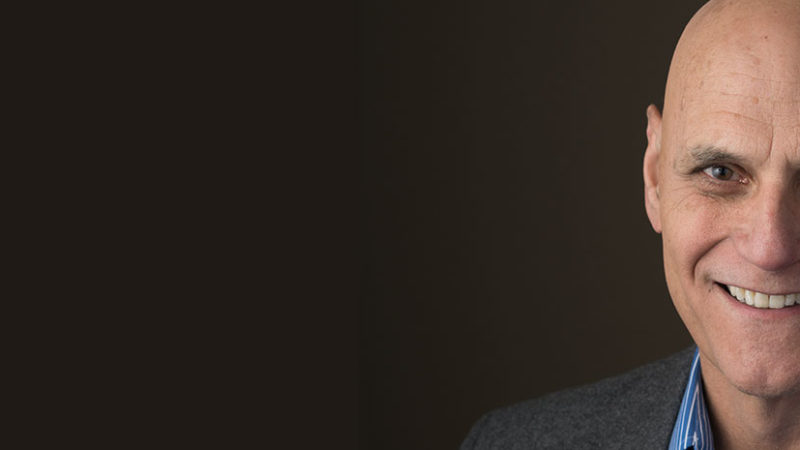Christopher Willard: Growing Up Mindful
Christopher Willard is a licensed psychologist who focuses on mindfulness, anxiety, and learning issues. With Sounds True, he has released a new book and companion audio called Growing Up Mindful: Essential Practices to Help Children, Teens, and Families Find Balance, Calm, and Resilience. In this episode of Insights at the Edge, Chris and Tami talk about the inherent difficulties of being a child and how mindfulness practice can help ease the tensions of growing up. They discuss the different ways one can teach meditation techniques to kids, as well as the different ages at which one can start this instruction. Finally, Chris shares his vision of how mindfulness could be a powerful public health intervention—one that could possibly have an essential place in the future of childhood education.
(59 minutes)


